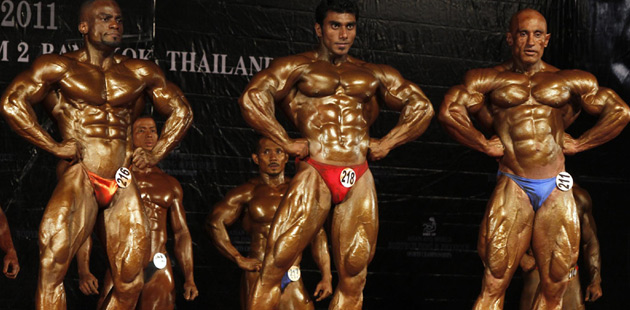Inflation falls for 2nd month
Updated: 2011-10-15 08:23
By Chen Jia (China Daily)
|
|||||||||||
BEIJING - China's consumer inflation slipped to 6.1 percent in September, the second month in a row it has dropped after it hit a three-year high in July.
The decline helped to assuage fears that the country's central bank would try to further tighten the economy during the rest of the year.
The nation's Consumer Price Index (CPI), an important gauge of inflation, has hung at above 6 percent during the past four months, according to National Bureau of Statistics data released on Friday. The index figure peaked at 6.5 percent in July, and retreated to 6.2 in August.
The dwindling in inflationary pressures was attributed to the country's persistent use of tightening policies, analysts said.
"The recent softening of global commodity prices has helped lower input prices in the manufacturing sector and loosed some inflectional pressures," said Fred Neuman, co-head of Asian Economics Research with the banking and financial services firm HSBC Holdings.
Neumann said he believes that inflationary pressures will continue to ease in the coming quarters, giving policymakers more flexibility in dealing with the economy.
Food, meanwhile, continued to be subject to inflationary pressures in September. During the month, food prices rose by 13.4 percent above what they had been the year before.
Food comprises about 30 percent of the basket of goods that is looked at when the CPI is calculated.
Pork price, a great cause of concern for the government this year, kept soaring in September, going up by 43.5 percent from what it had been a year earlier. The increasing cost of this staple for many Chinese people drove up the CPI by 1.24 percentage points, according to National Bureau of Statistics data.
"My family has barely eaten pork in the past two months because of the increasing price," said Yang Min, a 61-year-old retired woman in Beijing, living on a pension of 3,000 yuan ($470) a month. "I remembered that it was about 29 yuan a kilogram two months earlier, and it jumped to 35 yuan now."
Rob Subbaraman, chief economist for Asia with the financial services firm Nomura Securities, said the latest index data suggest that inflation has peaked but has yet to decisively abate.
According to the statistics bureau, non-food prices increased by 2.9 percent in September above what they had been the year before. The month before, they had risen by 3 percent above what they had been in the same month of 2010.
Inflation in residential costs, including rents, mortgages and power bills, fell to 5.1 percent, which was the slowest rise seen since October 2010.
Xue Di, a 26-year-old French teacher in Beijing, said she thinks the cost of living in the city is burdensome.
"The rent keeps going up every month recently," said Xue, who is looking for another smaller and cheaper house to rent currently.
"Now I need to pay about 20 percent more a month than I did in January."
Also reassuring to policymakers, the National Bureau of Statistics reported that the Producer Price Index, an important measure of inflation at the wholesale level, dropped to 6.5 percent in September from 7.3 percent the month before.
Officials have raised interest rates five times and banks' reserve requirements nine times since October 2010. In part as a result of that, banks' lending in September ground to the slowest pace seen since 2009, the central bank said on Friday.
The broadest measure of the country's money supply - known as M2 - rose by 13 percent this past month above what it had been in the same period a year ago. That was nearly the smallest increase seen in the decade, according to the bank.
"Inflation is almost beaten, banks can leverage up more and budget spending can be boosted," said Stephen Green, a senior economist with Standard Chartered Bank in Shanghai.
As a response to the recent loss of momentum seen in economic development and to the recent deterioration in the global economy, authorities may decide to loosen policy in the fourth quarter this year, Green said.
Jing Ulrich, managing director and chairman of Global Markets of JP Morgan China, is one of many economists who hold an opposite opinion. She said the Chinese government's main goal is likely to remain taming inflation and the tightening policies have little chance of being abandoned in the short term.
Related Stories
China's inflation eases to 6.1% in Sept 2011-10-14 09:54
Policy shift unlikely despite ease in inflation in Sept 2011-10-14 17:48
China Economy by Numbers - Aug 2011-09-13 17:02
Sept PPI rises 6.5% Y-O-Y 2011-10-14 09:55
- Premier Wen warns of decreased openness
- Policy shift unlikely despite ease in inflation
- Cash-strapped companies look to govt support
- China's inflation eases to 6.1% in Sept
- Rules on FDI with RMB settlement
- Cash-strapped railways to get help
- SARFT orders ban on sexy ads
- China forms food safety risk assessment center













